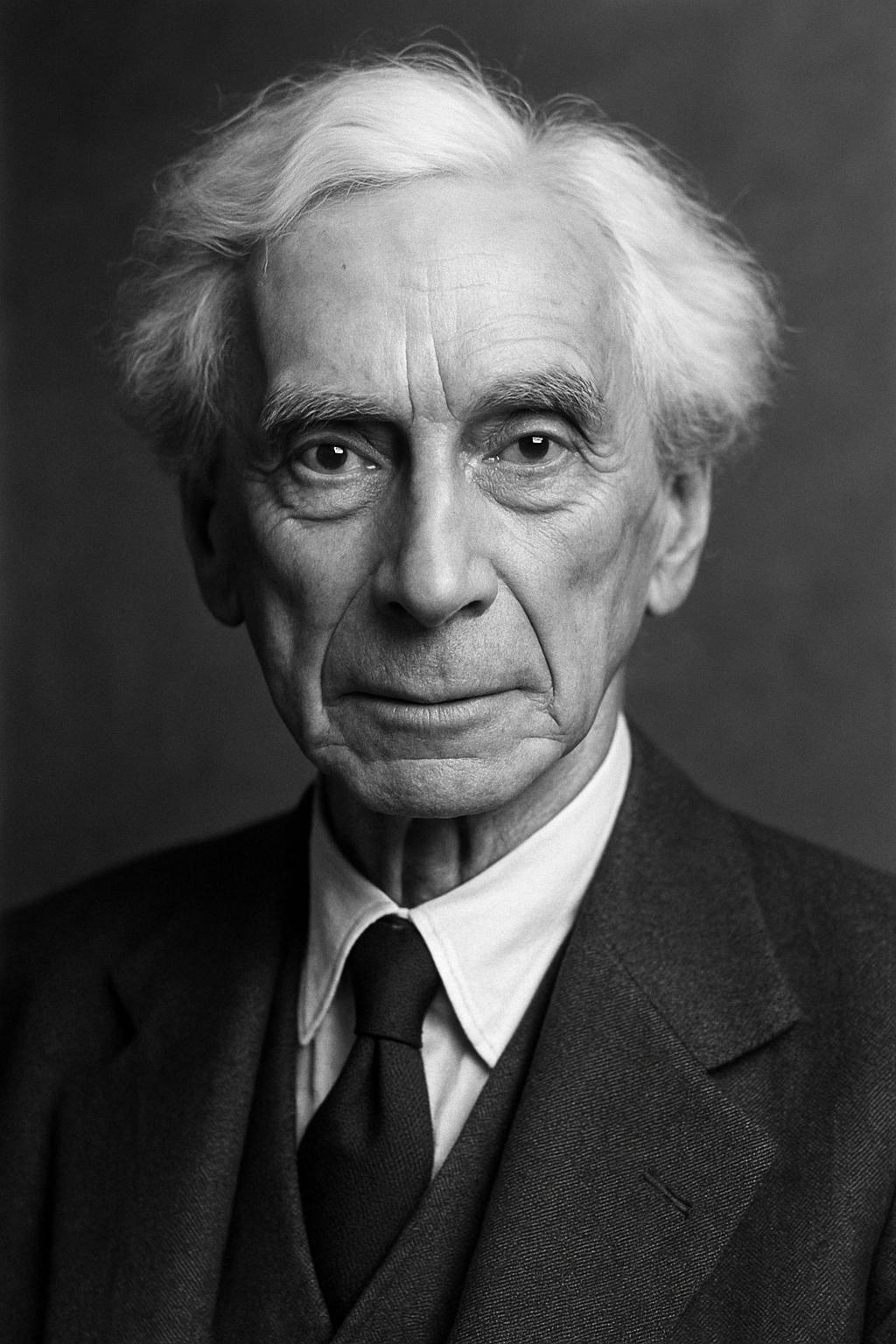
Saturday, October 4, 2025
Stay up-to-date with AI
The Rundown is the most trusted AI newsletter in the world, with 1,000,000+ readers and exclusive interviews with AI leaders like Mark Zuckerberg, Demis Hassibis, Mustafa Suleyman, and more.
Their expert research team spends all day learning what’s new in AI and talking with industry experts, then distills the most important developments into one free email every morning.
Plus, complete the quiz after signing up and they’ll recommend the best AI tools, guides, and courses – tailored to your needs.
The more you know, the more you realize how little you know.
This quote feels paradoxical. Shouldn’t more knowledge make us more certain? Bertrand Russell, the British philosopher, logician, and Nobel laureate, suggests the opposite. True learning doesn’t lead to arrogance; it leads to humility.
The more we explore the vastness of knowledge—whether in science, philosophy, art, or self-awareness—the more we see the endlessness of what we don’t know. Each discovery, rather than closing a door, opens a dozen more. Knowledge is not a finite box to be filled; it’s a horizon that keeps expanding as we walk toward it.
This quote speaks directly against intellectual arrogance. Those who claim to "know it all" have barely scratched the surface. In contrast, the wisest people often carry themselves with humility because they understand the limits of human comprehension. Socrates expressed a similar sentiment when he declared, “The only true wisdom is in knowing you know nothing.” Russell’s version builds on this ancient wisdom, bridging it into modern philosophy and scientific inquiry.
Why This Matters for You
Growth Breeds Humility
Real growth is not about arriving at certainty but developing the humility to accept uncertainty. When you master a subject, you begin to see complexities and layers you couldn’t recognize before.Curiosity Over Certainty
The value of learning lies not in finality but in curiosity. A curious mind stays alive, adaptable, and open. Russell reminds us that wisdom is not about accumulating facts but about nurturing a mindset that keeps seeking.Guarding Against Complacency
If you believe you already know enough, you stop growing. By recognizing how little you know, you keep yourself in a state of continual improvement.Intellectual Humility as Strength
Admitting you don’t know everything isn’t weakness—it’s wisdom. Intellectual humility fosters better collaboration, empathy, and openness to different perspectives.

The Origin of the Thought
Bertrand Russell (1872–1970) was one of the 20th century’s greatest thinkers—renowned as a philosopher, logician, mathematician, historian, and social critic. Much of his work explored the limits of human knowledge, particularly in logic and philosophy. This quote reflects Russell’s alignment with a long philosophical tradition: wisdom as humility.
While this specific wording has been attributed to Russell, it echoes themes he frequently addressed, especially in The Problems of Philosophy (1912) and later writings where he emphasized that philosophy’s role is not to deliver final answers but to expand the range of things we can question.
The phrase also aligns with Russell’s commitment to skepticism and rational inquiry—encouraging us to resist dogma, embrace uncertainty, and recognize the vastness of the unknown.
Practical Ways to Embrace Russell’s Wisdom
Books to Explore
The Problems of Philosophy by Bertrand Russell
Meditations by Marcus Aurelius
Thinking, Fast and Slow by Daniel Kahneman
Sapiens: A Brief History of Humankind by Yuval Noah Harari
Zen Mind, Beginner’s Mind by Shunryu Suzuki
Talks & Lectures
TED Talk: “The Power of Believing You Can Improve” by Carol Dweck
TED Talk: “The Dangers of Certainty” by Marcelo Gleiser
Bertrand Russell’s Nobel Lecture (1950) – reflections on ideas, knowledge, and human progress
Exercises to Practice
Ask more questions instead of rushing to answers
Keep a learning journal—note discoveries and the questions they raise
Seek out diverse perspectives that challenge your own
Teach someone else to reveal where your own gaps are
Practice a beginner’s mindset, even in familiar activities
Takeaway
This quote isn’t meant to discourage learning—it’s meant to inspire it. The more you learn, the more you should want to keep learning. Instead of seeking to "arrive" at ultimate knowledge, aim to remain a lifelong student. Every new insight should be an invitation to dig deeper, stay humble, and stay curious.



